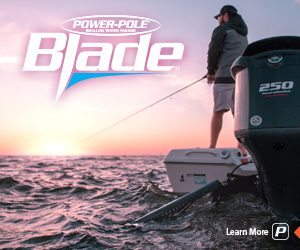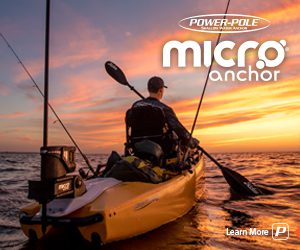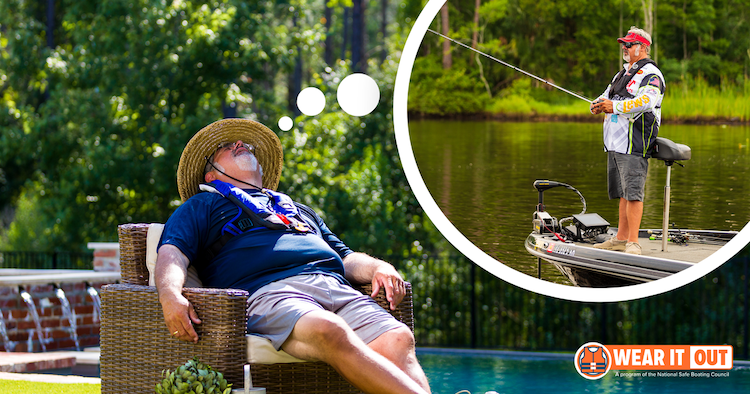
Power-Pole supports ‘Ready, Set, Wear It’ as part of National Safe Boating Week
Angler Tips . Community . Events . News & Press ReleasesPower-Pole is encouraging everyone to be safe on the water and wear their life jackets as part of the National Safe Boating Council’s “Ready, Set, Wear It” campaign during National Safe Boating Week.
The event runs May 22 to 28.
These events are part of the yearlong Safe Boating Campaign to promote boating safety and voluntary, consistent wear of life jackets and offered by partners around the world. U.S. Coast Guard statistics show that drowning was the reported cause of death in four out of every five recreational boating fatalities in 2019, and that approximately 86 percent of those who drowned were not wearing life jackets.
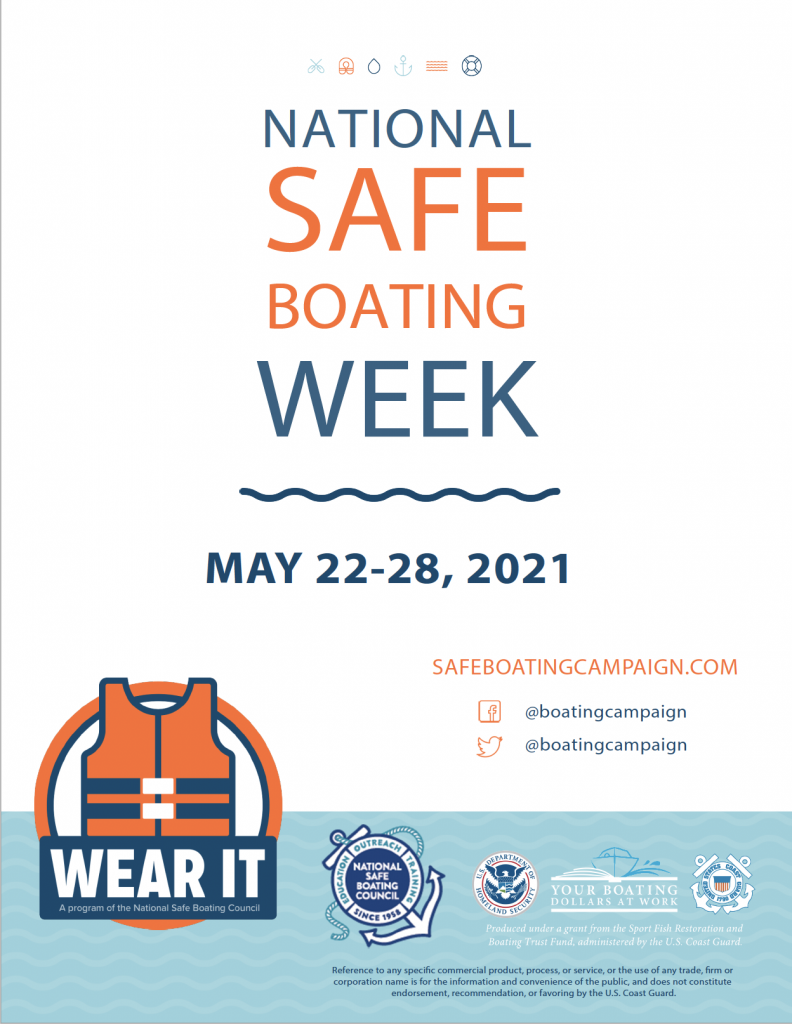
MORE Boating Safety Tips
1. Wear a life jacket.
No matter what activity you have planned on the water, always remember to wear a life jacket every time you are on the water. Accidents on the water can happen much too fast to reach and put on a stowed life jacket.
2. Make sure your life jacket is U.S. Coast Guard approved.
And is appropriate for your water activity and fits properly.
A life jacket that is too large or too small can cause different situational problems.
3. Know state boating laws.
Rules and laws can differ from state to state and violations can result in ticketing, fines or jail time.
4. Take a boating safety course.
Learn valuable tips that can help save your life in unexpected situations by taking a NASBLA (National Association of Boating Law Administrators) approved boating safety course. Many courses are online, and will save you money on your boat insurance.
There are many items that need to be checked and rechecked on any boat. Schedule a Vessel Safety Check with your local U.S. Coast Guard Auxiliary or U.S. Power Squadrons before you hit the water. Every Vessel Safety Check is conducted 100 percent free of charge.
5. Make sure your boat is prepared.
Double check that you have all of your safety devices before you go out. Life jackets, flares, fire extinguisher, whistle etc.
6. Be sure to know your boat’s capacity.
If you have too much on your boat, the boat may become unstable and capsize.
7. Check the weather, including the water temperature.
Know the latest marine weather forecast prior to going out, and keep a regular check for changing conditions.
8. Dress properly.
Always dress for the weather, wearing layers if cooler weather, and bring an extra set of clothes in case you get wet.
File a float plan with someone you trust that includes details about the trip, boat, persons, towing or trailer vehicle, communication equipment and emergency contacts. Find out more at floatplancentral.org.
Know the “Rules of the Road” such as operator’s responsibility, maintaining a proper lookout, safe speed, crossing, meeting head-on and overtaking situations. Know what’s going on around you at all times, and always travel at safe speeds for the environment. Find out more at boatoncourse.com.
Where the primary cause was known, alcohol was listed as a leading factor in boating-related deaths. Find out more at operationdrywater.org.
Gasoline-powered engines on boats, including onboard generators, produce carbon monoxide (CO), a colorless and odorless gas that can poison or kill someone who breathes too much of it. Be sure to install and maintain a working CO detector, never block exhaust outlets, and always dock, beach or anchor at least 20 feet away from the nearest boat that is running a generator or engine.
9. Keep in touch.
Communication devices can be the most important piece of emergency equipment on board a vessel, especially in case of emergency. Be sure to have at least two communication devices that work when wet, such as satellite phones, emergency position indicating radio beacons (EPIRB), VHF radios and personal locator beacons (PLB). Cell phones are not reliable in an emergency situation.
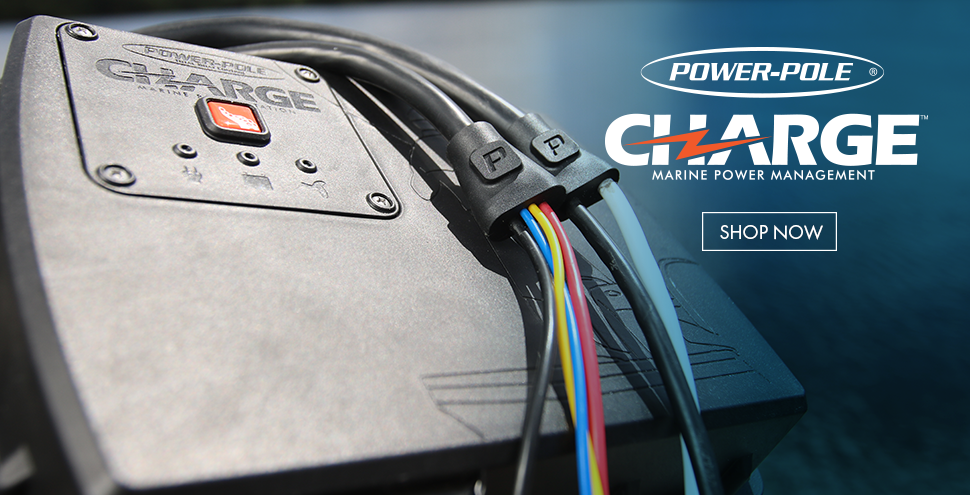
For more information, please visit www.safeboatingcampaign.com
Recent Posts
Republication Policy
All content, including text, photos and other multimedia, appearing in the “News & Press Releases” category may be republished in part or in whole on third-party sites. Please provide a link back to the original content.

